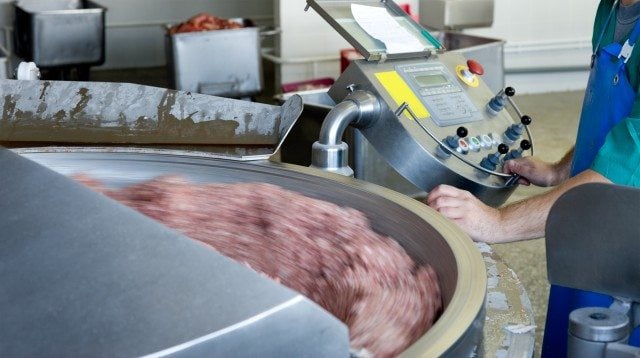No longer considered niche, the growth of plant-based alternatives has been fuelled by rising consumer desire for food products that are healthier and have less impact on the planet.
To meet the demand both in volume and in desired product characteristics, constant innovation and new technologies are necessary.
A research by Givaudan and the University of Berkeley, California, takes a future perspective, highlighting the benefits of emerging 3D printing technology, the ‘near future’ techniques of cultured meat, and Mycelium biomass fermentation producing fungi-derived protein.
The company’s fourth collaboration with the university also looks further over the horizon to lab scale technologies such as shear cell, which is set to attract significant investment.
Given no single technology is the ‘silver bullet’, collaboration across companies and organisations is essential for creating delicious and nutritious meat alternatives.
“The rise of meat alternatives is significant. The market is poised for rapid growth,” said Sudhir Joshi, product development programme coach at the University of California, Berkeley.
“While the existing technologies offer a major opportunity for innovation, the main challenges in this sector remain cost and scale.”
“This new white paper provides a comprehensive review of current and upcoming technologies.”
“It also offers insights into adoption, market potential, challenges and the opportunities for future development.”
In addition to its partnership with the Berkeley, Givaudan is also actively working with some of the latest technologies in collaboration with Bühler and Migros, with whom it has formed the Cultured Hub, in Kemptthal, Switzerland, working on cultured meat, cultured fish and seafood, and precision fermentation.
The Hub is part of Givaudan’s extensive network of alternative protein innovation centres across four continents that includes MISTA in California, the Protein Innovation Centre in Singapore, the Protein Hub in Zurich, and soon, the Tropical Food Innovation Lab in Brazil.
By fostering collaboration with customers and other companies, from start-ups to leaders in the field, and building our innovation pipeline and proprietary technologies, Givaudan has become the partner of choice for co-creating new meat alternative products.
The Protein Horizon whitepaper is available for download and watch Givaudan’s webinar with a panel of industry experts from consumer insights to venture capital who discuss future technologies for alternative proteins.










